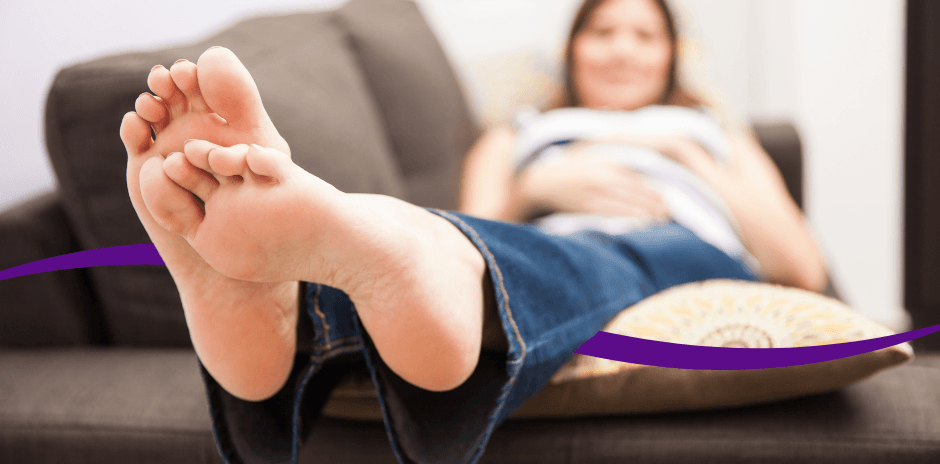Ever look down and wonder why your ankles have vanished or your shoes feel uncomfortably tight? You're not alone. Swelling in the feet and ankles, medically known as peripheral edema, is a common issue that happens when your body retains excess fluid in the lower extremities. This puffiness can be temporary and harmless, but it's your body’s way of signaling that something is off balance, often influenced by simple daily habits or routines.
The most frequent culprit behind swollen feet is often just gravity. When you sit or stand for long periods, it becomes harder for your body to pump blood and fluids back up to your heart, causing it to pool in your legs, ankles, and feet. However, several other factors can contribute to this uncomfortable swelling. Understanding them is the first step to finding relief.
- High Salt Intake: A diet rich in sodium causes your body to retain more water.
- Pregnancy: The body naturally holds onto more fluid, and the growing uterus puts pressure on veins.
- Minor Injury: A simple sprain or twist can cause localized swelling as part of the healing process.
- Certain Medications: Some drugs for blood pressure, diabetes, or inflammation list swelling as a side effect.
- Underlying Health Conditions: In some cases, persistent swelling can be a red flag for more serious issues with your heart, liver, or kidneys.
Fortunately, you can often manage mild, temporary swelling with simple lifestyle adjustments. The key is to promote better circulation and help your body flush out the excess fluid. Try incorporating these easy habits into your day to get your feet back to normal.
- Elevate Your Legs: Prop your feet up above heart level for 30 minutes, several times a day.
- Move Around: Avoid staying in one position for too long. Get up, stretch, and walk regularly.
- Reduce Salt: Cut back on processed foods and limit the salt you add to meals.
- Wear Compression Socks: These garments apply gentle pressure to help prevent fluid from collecting.
- Stay Hydrated: Drinking plenty of water actually helps your body flush out excess sodium and fluids.
Frequently Asked Questions
Q: When should I be worried about swollen ankles?
A: Seek immediate medical care if swelling is sudden, painful, affects only one leg, or occurs with chest pain, dizziness, or shortness of breath.
Q: Can dehydration cause my feet to swell?
A: Yes, ironically. When dehydrated, your body's defense mechanism is to hold onto fluid, which can cause bloating and swelling in your feet and ankles.
Q: Do hot showers make swelling worse?
A: Heat can cause your blood vessels to dilate (expand), which can sometimes worsen swelling. Cool or lukewarm water is often a better choice if you're experiencing puffiness.





